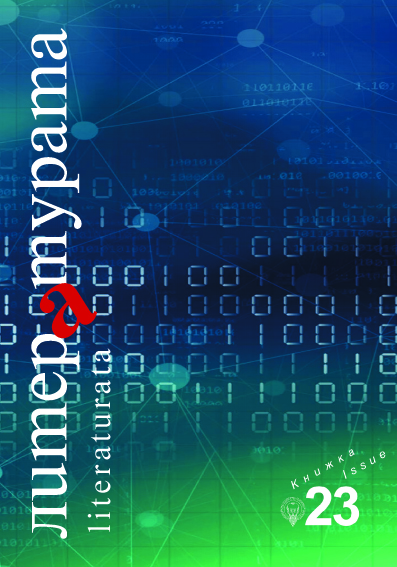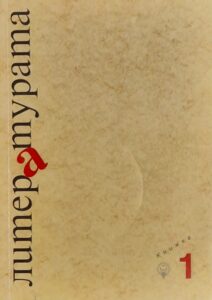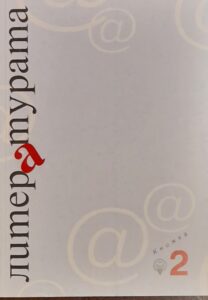Digital Humanities
Contents
Matthew G. Kirschenbaum . What Is Digital Humanities and What’sIt Doing in English Departments? (Transl. from Englishby Ruzha Muskurova) / 9
Susan Schreibman. Digital Humanities: Centres and Peripheries(Transl. from English by Nikolay Genov) / 22
Thomas Rommel . Literary Studies (Transl. from Englishby Filip Stoilov) / 41
William Winder . Robotic Poetics (Transl. from Englishby Filip Stoilov) / 58
Antske Fokkens , Tommaso Caselli, Minh Le, Pia Sommerauer, Leon van Wissen (University of Amsterdam, Netherlands). Using Computational Linguistics Methodsin Digital Humanities: On Possibilities and Pitfalls / 95Reneta Bozhankova. Digital Humanities: Manifestoes / 132
Tatyana Angelova . What Is Digital Competence and ShouldIt Be Taught? / 146
Yoana Sirakova. The Era of Digital Paideia: Learning through AlignedSource and Target Texts and Text Analysis / 166
Natalia Hristova. To Eliminate the Human – from Cyberneticsto Transhumanism / 182
Nikolay Genov . Between the Digital and the Virtual:The Peripheral Case / 208
Bilyana Todorova. On Some Humour Manifestations in InternetCommunication / 220
Irina Todorova. The Faces of Digital Humanity. Parallels between Journalism and Literature / 240
Veselina Gekova. Digital Humanities on Glass Media. Image Transfer to Glass in Architecture and Design / 259
Debuts
Vanya Dimitrova. Reception of Two of the Bulgarian Translations of “Alice’s Adventures in Wonderland” by Lewis Carroll – Linguistic Approach / 268
Reviews
Miryana Yanakieva. The Never-Ending Dialogue of Nikola Georgiev with Literature / 285
Ventzeslav Scholtze. Literary History: Cases of Reworking. “How Does Literary History Work?”, Volume One, “Survey Cases in Literary History” by Mikhail Nedeltchev / 295
Polina Penkova. Literature versus the Market / 302
Elka Dimitrova. Bulgarian Modernity: Literature and Technology / 305
For the Authors / 311
Requirements for Publications in the Journal “Literaturata” / 323



